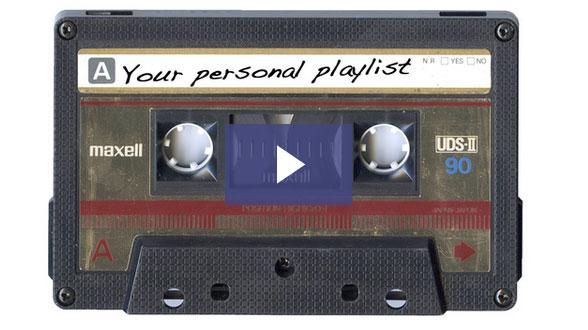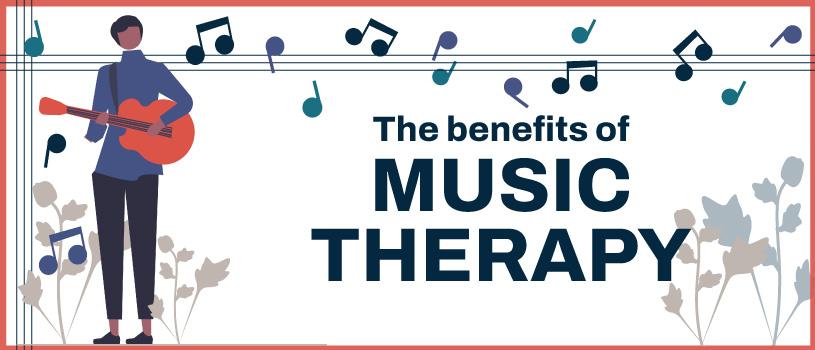In today’s fast-paced world, stress has become an unwelcome companion in our daily lives, often impacting our mental and physical well-being. While there are countless methods to combat stress, music therapy stands out as a powerful, accessible, and deeply personal approach. Whether you’re feeling overwhelmed by work, personal challenges, or the relentless pace of modern living, music therapy offers a sanctuary of calm and healing. In this article, we’ll explore practical tips and techniques to harness the soothing power of music, guiding you on a journey to reduce stress and find inner peace. With an empathetic understanding of the struggles you face, we aim to provide you with tools that resonate with your unique experiences, helping you to reclaim tranquility and balance through the universal language of music.
Understanding the Power of Music in Stress Relief
Music has an extraordinary ability to touch our emotions and transform our state of mind. When it comes to alleviating stress, it can be a powerful ally. Here are some practical tips to harness music’s calming effects:
- Create a Playlist: Curate a collection of songs that bring you peace and joy. Choose a mix of melodies that evoke relaxation and positivity.
- Explore Different Genres: Don’t limit yourself to one type of music. Experiment with classical, jazz, ambient, or even nature sounds to find what soothes your mind best.
- Set the Mood: Use music as a backdrop for meditation or yoga sessions. This can enhance your focus and deepen your relaxation experience.
| Music Genre | Potential Benefit |
|---|---|
| Classical | Reduces anxiety and lowers blood pressure |
| Jazz | Improves mood and increases creativity |
| Ambient | Promotes relaxation and improves sleep quality |
Remember, the key is to listen actively and allow the music to guide you to a more serene mental space. Whether it’s a soft piano sonata or the gentle rustling of leaves, let the sounds envelop you, providing a sanctuary from daily stressors.

Creating Your Personal Playlist for Relaxation
Creating a personal playlist tailored for relaxation can be a deeply personal and rewarding experience. Music therapy can significantly aid in stress reduction, and your playlist should reflect your unique preferences and emotional needs. Begin by identifying the genres and artists that naturally soothe you. Consider a blend of gentle instrumental pieces, soulful ballads, or even nature sounds. The key is to focus on tunes that promote calmness and tranquility.
- Genres to Explore: Ambient, Classical, Jazz, Acoustic
- Artists to Consider: Ludovico Einaudi, Norah Jones, Enya
- Sounds of Nature: Rainfall, Ocean Waves, Forest Ambience
To enhance your listening experience, consider the tempo and rhythm of each track. Slower tempos can help reduce anxiety and heart rate, while rhythmic consistency can offer a comforting predictability. If you’re unsure where to start, here’s a simple guide:
| Tempo | Effect | Example Tracks |
|---|---|---|
| Slow | Calming | “Weightless” by Marconi Union |
| Moderate | Balancing | “River Flows in You” by Yiruma |
| Varied | Dynamic | “Clair de Lune” by Debussy |
Remember, your playlist is a personal refuge. Don’t be afraid to experiment with different tracks until you find the perfect blend that resonates with your inner peace. Your emotional landscape is as unique as your musical taste, and with time, your playlist will become a cherished tool in your stress reduction toolkit.

Incorporating Music Therapy into Daily Routines
Integrating music therapy into your daily life can be a powerful tool for reducing stress and promoting overall well-being. Here are some practical ways to make music a part of your routine:
- Morning Motivation: Start your day with an uplifting playlist to boost your mood and set a positive tone. Consider songs with a brisk tempo to energize your morning routine.
- Mindful Breaks: During work or study breaks, listen to calming instrumental music. This can help reset your mind and improve focus for the tasks ahead.
- Evening Wind-Down: As you prepare for sleep, opt for soothing melodies or nature sounds to create a tranquil atmosphere. This can enhance relaxation and improve sleep quality.
| Time of Day | Music Type | Purpose |
|---|---|---|
| Morning | Upbeat | Boost energy |
| Afternoon | Instrumental | Enhance focus |
| Evening | Calming | Promote relaxation |
To make the most of these musical moments, consider using noise-canceling headphones to minimize distractions. Remember, the key is to choose music that resonates with you personally, as this will maximize the therapeutic benefits.

Exploring Different Music Genres for Optimal Stress Reduction
- Classical Music: Known for its calming effects, classical music can help lower heart rate and blood pressure. Compositions by artists like Mozart and Bach are often recommended for their soothing qualities.
- Jazz: The improvisational nature of jazz can engage the mind while promoting relaxation. Artists like Miles Davis and John Coltrane offer a rich tapestry of sounds that can help distract from stressors.
- Nature Sounds: While not a traditional music genre, incorporating sounds of rain, ocean waves, or forest ambiance can enhance relaxation. These tracks can be a perfect backdrop for meditation or sleep.
- Lo-fi Beats: A modern favorite, lo-fi music provides a mellow, downtempo vibe that is ideal for background music during work or study sessions. Its repetitive and simple melodies can help maintain focus while reducing anxiety.
To help you find the best genre for your stress reduction needs, here’s a quick comparison of their typical effects:
| Genre | Primary Effect | Recommended Time |
|---|---|---|
| Classical | Calming | Evening |
| Jazz | Engaging | Afternoon |
| Nature Sounds | Relaxing | Night |
| Lo-fi Beats | Focus | All Day |
Experiment with different genres to see which resonates most with you. Everyone’s response to music is unique, so personal exploration is key to finding your perfect stress-reducing soundtrack. Remember, the goal is to create a sound environment that feels comforting and promotes a sense of peace.








































